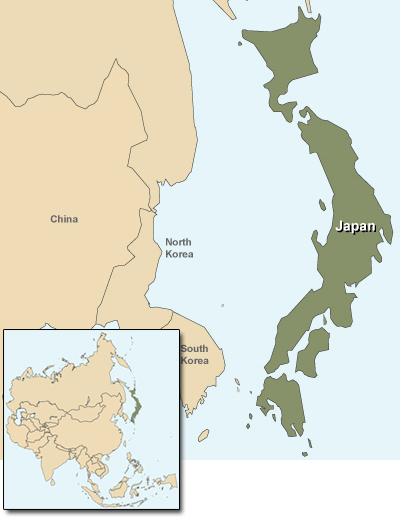Japan

Summary of Past and Present NIAID-Funded Research
NIAID has a long history of partnership with Japan, a country with a strong biomedical research community. The U.S. – Japan Cooperative Medical Science Program, one of the oldest bilateral programs in the history of the National Institutes of Health, was established in 1965 to address the public health issues of importance in the Asia-Pacific region. The program has nine Joint Panels (AIDS; Acute Respiratory Infections; Cholera and Other Bacterial Enteric Diseases; Genes, Environment, and Diseases; Hepatitis; Nutrition and Metabolism; Parasitic Diseases; Tuberculosis and Leprosy; and Viral Diseases) and one cross-cutting Joint Immunology Board. NIAID, the National Institute of Diabetes and Digestive and Kidney Diseases, and the National Institute of Environmental Health Sciences are actively engaged in this program. Japan also participates in the Asia and Australia region of the NIAID-supported International Epidemiologic Databases to Evaluate AIDS through the Asia-Pacific HIV Observational Database, which combines the Therapeutic Research, Education, and AIDS Training Asia HIV Observational Database and its counterpart, the Australian HIV Observational Database.
Also, more recently, NIAID’s Office of Biodefense Research has been engaged with Japan in medical research issues involved with biosecurity and biodefense under the U.S. – Japan Framework Initiative for a Safe and Secure Society. A NIAID-sponsored workshop was held in June 2007 to explore future opportunities for more information sharing, research collaboration, and public health response to disasters. Other current extramural grants with Japan include research projects on viral infections, allergies, asthma, and other immunological studies.
Based on World Health Organization data, Japan is a country with one of the longest life expectancies for both males and females in the Asia-Pacific region and in the world. Given an increasingly aging population and low birth rate, Japan and its healthcare system will need to address the challenges related to these demographics.
U.S. – Japan Science and Technology Agreement
An umbrella agreement between the U.S. Government and the Government of Japan on Cooperation in Research and Development in Science and Technology was signed on June 20, 1988, and was recently extended for 10 years on June 19, 2004.
Related Links
Government
Non-government
back to top